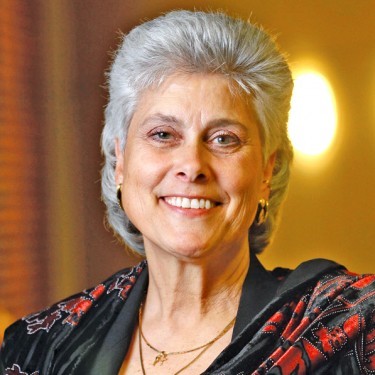Marilyn Gugliucci, University of New England – Learning by Living: 48-Hour Hospice Home Immersion Project
 On University of New England Week: Nothing can replace firsthand knowledge.
On University of New England Week: Nothing can replace firsthand knowledge.
Marilyn Gugliucci, professor and director of geriatrics education & research, looks into one example.
Dr. Marilyn R. Gugliucci is a Professor and the Director for Geriatrics Education & Research, as well as the Director of U-ExCEL (UNE~Exercise and Conditioning for Easier Living) Fitness/Wellness Program for older adults. She conducts research on older adult function, falls, and proprioception. Dr. Gugliucci is a Fellow of the National Association of Osteopathic Medical Educators (NAOME), the American Geriatrics Society (AGS), the Gerontological Society of America (GSA), the Academy for Gerontology in Higher Education (AGHE), and the Maine Gerontological Society (MGS).
Learning by Living: 48-Hour Hospice Home Immersion Project
The Learning by Living 48 Hour Hospice Home Immersion Project is unique among all medical schools. It was successfully piloted in December 2014 to provide an intense interprofessional experience to advance palliative and end of life care education and clinical experiences for medical students at the UNE College of Osteopathic Medicine.
In the Hospice Immersion Project, pairs of medical students are immersed each month for 48 hours in the non-profit Gosnell Memorial Hospice House in Maine. Students are active participants in patient care, family support, and post-mortem care in this 18-bed acute-care setting which is considered to be the ICU of hospice. Between five to ten deaths occur during these 48 hours and students write about their experiences, thoughts, and feelings in a journal before, during, and after the immersion. The journals represent the data as the immersion project is based on ethnographic and autobiographic research designs. Most students volunteer to conduct this immersion during their second year of medical school, although third and fourth year students have also participated. This life-altering qualitative research guides osteopathic medical students to answer the questions: “What is it like for me to live in the Hospice House for 48 hours?” and “How does this contribute to my future as a physician?”
The few following representative quotes from journals reveals the impact of this project on medical students:
“…I want to foster this type of care as a physician. It is support beyond what I knew.”
“I can’t even begin to describe everything I will take from this experience into my career as a physician. Some of it is simply inexplicable, but just a feeling that I know I will be a better physician because of all I saw and learned during my stay in the home.”
For the 168 medical students who participated in this Hospice Immersion project thus far, each reported absorbing the abundance of life that is present even in death.


